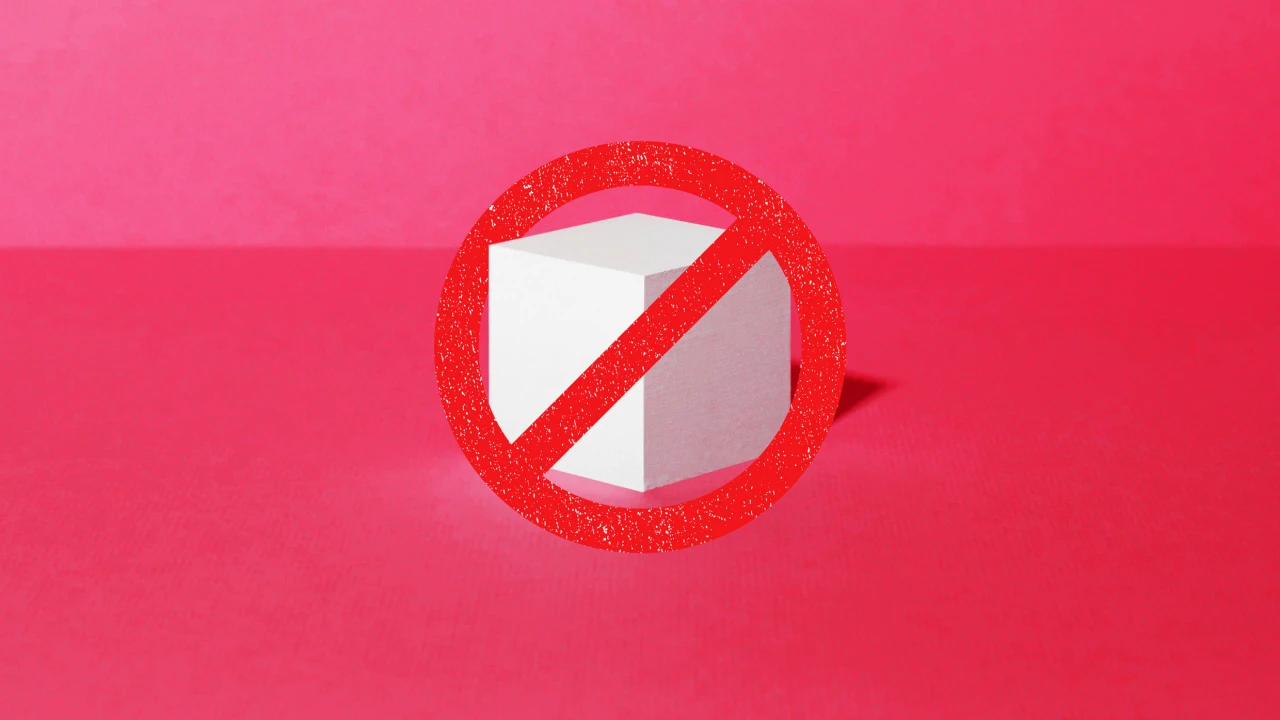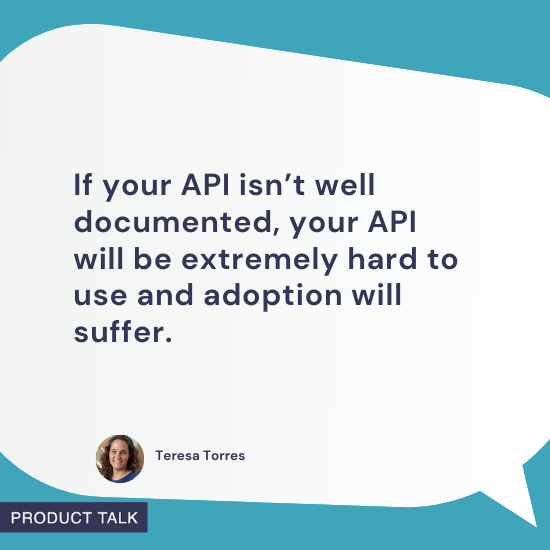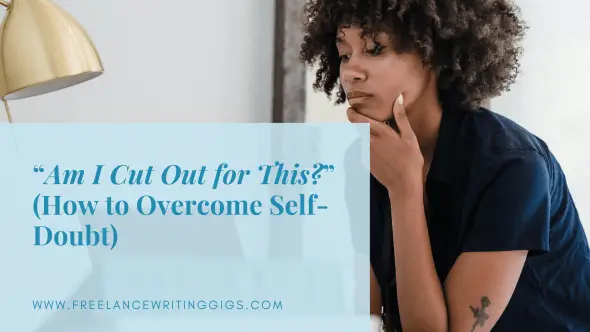Reflection – Day One
I’ve just begun a new month in my year-long Foundations project. This month is focused on reflection, where I’m restarting a daily journaling habit and digging into some of the research on thinking and feeling better. For those interested, you can check out my previous seven months here: Why Journal? The keystone habit for this […] The post Reflection – Day One appeared first on Scott H Young.

I’ve just begun a new month in my year-long Foundations project. This month is focused on reflection, where I’m restarting a daily journaling habit and digging into some of the research on thinking and feeling better.
For those interested, you can check out my previous seven months here:
- Fitness: Start, End, Books.
- Productivity: Start, End, Books.
- Money: Start, End, Books.
- Food: Start, End, Books.
- Reading: Start, End and Books.
- Outreach: Start, End, Books.
- Sleep: Start, End, Books.
Why Journal?
The keystone habit for this month is to write in a journal daily. To prevent this from becoming an onerous commitment (especially in light of the other eleven habits I’m working to maintain), I’m not holding myself to any minimum amount. Writing a single word is fine on days when I’m super busy. Of course, I expect I’ll do more than that most days.

The motivations for journaling are manifold:
- Writing makes you smarter. Working memory, the ability of the mind to hold simultaneous ideas, is strongly linked to intelligence—and is famously limited. Writing liberates working memory by allowing ephemeral thoughts and ideas to have a permanent holding place. While the idea that writing makes you smarter may sound hyperbolic, consider multiplying three-digit numbers in your head versus on paper to see that it is clearly true.
- Writing allows you to capture thoughts. A major tenet of Cognitive Behavioral Therapy (the current gold-standard therapy for depression, anxiety and more) is that we engage in automatic thoughts that produce feelings and actions, often resulting in a vicious cycle where negative thoughts create negative feelings and actions, which then reinforce negative beliefs. Usually that loop occurs without much self-reflection or awareness. But if you write thoughts down, you now have an external object you can interrogate, asking yourself, in essence, “Wait, do I really think that?”
- Writing helps you solve problems. The reason the math problem is so much easier on paper than in your head is that writing allows you to offload components of a complex puzzle so you can organize a solution. But this is true of non-math problems too! Often, our gut provides an intuitive answer, but if you want a reflective answer, writing can facilitate much better plans.
Of course, these are all benefits of fairly unstructured journaling—where you simply write down your train of thoughts and see where it goes. Journaling can be made more specific, ranging from a daily record of events to meditations on specific themes like gratitude or empathy.
My Experience with Journaling
Journaling is a practice I’ve done on and off for my entire adult life. In some ways, this blog is an extension of that practice. My inner life has been profoundly shaped by both my personal and public writing.
I’ve tended to rely more on journaling when my problems in life have been more difficult to solve and when I’ve had fewer people to discuss them with. (Conversations can also serve a lot of the same functions as solitary reflection, albeit with different strengths and weaknesses.)
However, like many good habits, it’s easy to let something that works slip because you get busy or simply forget. I’m hoping bringing back journaling, especially in a low-key way that doesn’t mandate a heavy time commitment, will help me deal with some of the real problems in my life as well as the more imagined problems where my own reaction to the situation is truly at issue.
I’ve written before that I’m a somewhat anxious person by temperament—I tend to plan and worry by nature. However, many of these idle worries are completely useless, neither producing action nor alerting me to an unseen danger. I don’t expect journaling regularly will eliminate these emotions, which presumably come from a non-conscious part of my mind, but I do think it will help me catch myself when I get absorbed in some current worry and break out of the cycle of unhelpful thinking.
I also want to use journaling to recapture some of the original motivational benefits it brought me in my younger days. Writing about my goals and vision for life helped me reinforce a plan of action. Too often, I get into a reactive mode where my daily decisions seem to be made out of necessity, rather than being open to all the possibilities.
Reflection, Beyond Writing
Of course, journaling is just one way to adopt a reflective practice. There are others:
- Mindfulness meditation
- Conversations with close friends
- Creative self-expression
- Therapy
I’m choosing journaling for both myself and the people following along in the course because I think that, of the techniques for reflection, it requires the least training to do it well. Meditation, in contrast, is probably best learned through a retreat. Not everyone can really tap into their self-awareness with art without a lot of training. Similarly, conversations can be delicate if you don’t have the right person to chat with, and therapy is not accessible to many.
But I’m hoping that my reading and research for this month will extend beyond this particular technique. I want to use this month as an opportunity to re-read some classic works in the psychology of thinking, cognitive therapy, mindfulness and more.
As always, if you want to join along with me for the month, the keystone habit is simple: Get yourself a paper journal (or open a new document on your computer/phone) and write in it every day. Even just one word counts, so don’t feel bad if you don’t have time to get to the bottom of all your life issues at the end of a tiring day.
Toward the end of the month, I’ll share some notes from the books I read and reflect about my own reflections!
A Little Update
Although this month’s focus is reflection, I thought I’d share a little update to one of the previous foundations I have been working on: fitness.
Last Sunday, I finished my first-ever marathon!6
This represents a major improvement from last year, when I would have struggled to finish a ten kilometer run, never mind a bit over forty-two. Running a marathon had always been on my bucket list, but it wasn’t until I started exercising daily that the idea became more than a distant daydream.
The post Reflection – Day One appeared first on Scott H Young.



































































































![Building A Digital PR Strategy: 10 Essential Steps for Beginners [With Examples]](https://buzzsumo.com/wp-content/uploads/2023/09/Building-A-Digital-PR-Strategy-10-Essential-Steps-for-Beginners-With-Examples-bblog-masthead.jpg)















































